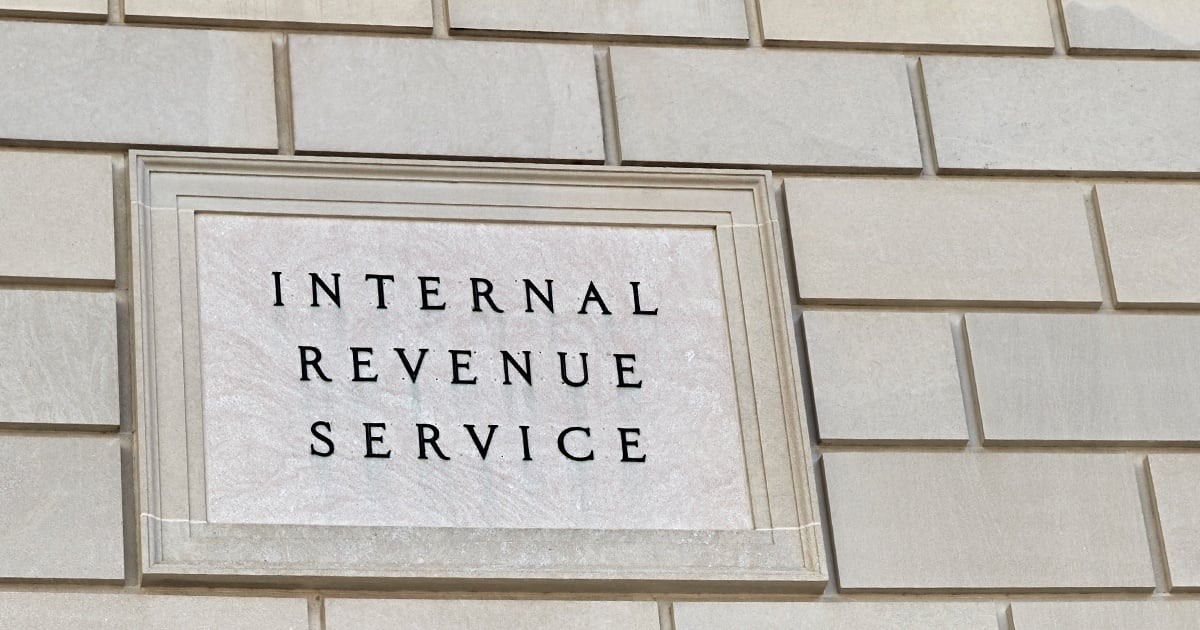If you are one of more than 759,000 federal tax return preparers in the US, your Preparer Tax Identification Number (PTIN) will expire December 31. It must be renewed before you prepare client tax returns next year. This may sound like just another thing to add to your never-ending to-do list, but the good news is, if you renew it now, it shouldn't take you more than 15 minutes. Why not get it out of the way before the holidays?
We've put together this brief guide to PTINs to answer a few commonly asked questions such as who needs a PTIN, how a PTIN differs from other, similar IRS-issued identification numbers, and how to apply for a PTIN for the first time. If you are only interested in learning how to renew your PTIN in 15 minutes, you can scroll down to the last section of this post.
What is a PTIN?
A PTIN is an 8-digit identification number the IRS issues all paid tax preparers. It must be used when preparing and filing clients' tax returns, but it is required on many other IRS forms as well.
Keep in mind, a PTIN is different from a Centralized Authorization File (CAF) number. A CAF number is an identification number that is also specific to tax preparers but is only needed by preparers who wish to access their client's confidential information or represent their client before the IRS.
A PTIN is also different from an Electronic Filing Identification Number (EFIN). An EFIN is issued to individual tax preparers or firms that are authorized IRS e-file providers. It should be included with any electronic return data sent to the IRS. Most tax preparers need both a PTIN and EFIN.

Who needs a PTIN?
Not all tax and accounting professionals need a PTIN. You only need a PTIN if you are at least 18 years old and fall into one or more of these categories:
-
- All individuals who get paid to prepare tax returns
- All individuals who get paid to assist in preparing tax returns
- All enrolled agents, whether they prepare tax returns or not
- Those who intend to become an enrolled agent
PTINs cannot be shared by groups or offices. All individuals have to have their own. If you do not have a valid PTIN and need one, you will be penalized by the IRS. Under IRC Sec. 6695(c), the penalty for not providing a valid PTIN on the tax returns you prepare is $50 for each failure to comply. You can accrue a maximum of $25,500 in a calendar year for this penalty. Aside from penalties, injunction may also be imposed, or the IRS' Office of Professional Responsibility make take disciplinary action. Additionally, you will not be permitted to file tax returns for your clients.
If you prepare tax returns for no compensation, for example if you volunteer at a Volunteer Income Tax Assistance (VITA) site, you do not need a PTIN.

How to apply for a PTIN for the first time
If you are applying for a PTIN for the first time, you can navigate to the IRS PTIN System here. Be sure to have the following information ready for quick application:
-
- Social Security Number
- Personal information such as name, mailing address, and date of birth
- Business information such as name, mailing address, and phone number
- Previous year’s individual tax return (name, address, filing status)
- Explanations for felony convictions, if any
- Explanations for problems with your US tax obligations, if any
- Any US-based professional certification information such as CPA, EA, attorney, etc. You should include certification number, jurisdiction of issuance, and expiration date.
Once you have gathered your information, you simply create an account and apply. You can log into your account to check the status of your PTIN, but in general, your PTIN will likely be issued to you immediately after you apply. Felony convictions and issues with your tax obligations may prevent you from being able to obtain one.
Also, a good thing to note is that if you file your taxes eight weeks or less prior to the time you apply for a PTIN, you will need to use an earlier year's individual tax return.
After you create a PTIN account, you will receive a Letter 4743 from the IRS to ensure it was you who created the account. If it was you, no action is necessary on your end. If it was not you, contact the PTIN Helpline.
How to renew your PTIN
If you already have a PTIN account and just need to renew your number, you will need to provide similar information to a first-time applicant, with a few exceptions. You will need the following information ready for quick PTIN renewal:
-
- Personal information (name and mailing address)
- Business information (name and mailing address)
- Explanations for felony convictions, if any
- Explanations for problems with your US tax obligations, if any
- Any US-based professional certification information such as CPA, EA, attorney, etc. You should include certification number, jurisdiction of issuance, and expiration date.
- Credit Card, for the $30.75 renewal fee
You can log into your account and get started with renewal here. If you log in and do not see a "PTIN Renewal" option, contact the PTIN Helpline.
If you prefer, you can mail in your Form W-12 to the IRS rather than use an online account, but your renewal will take four to six weeks to process. Along with your W-12 form, you must submit an approved version of your Social Security Card along with one other government-issued document that contains a current photo ID. Refer to Form W-12 instructions for complete information regarding acceptable supporting documentation and application requirements. If you do choose to mail in the form, send it to this address:
IRS Tax Pro PTIN Processing Center
PO Box 380638
San Antonio, TX 78268
Looking for more information about common, IRS-issued identification numbers? Check out IRS Issued Identification Numbers Explained: TIN, ITIN, PTIN, CAF Number.
Wanting more content about the accounting industry? Subscribe to our email newsletter. 







Get Our Latest Updates and News by Subscribing.
Join our email list for offers, and industry leading articles and content.